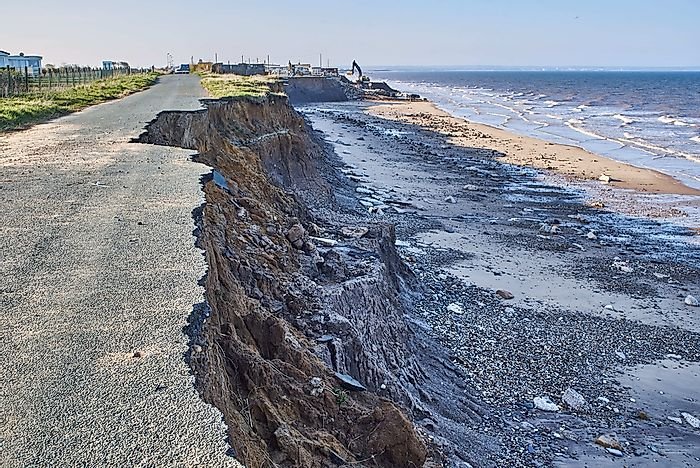We often talk about the reasons why we do certain things, in the same way that we would talk about religious ceremonies. In other words, we assign a certain level of divinity to the ritual or the custom, and hence shutdown the possibility of revising, if you will, the need or lack thereof for the event.

img src
In many ways I understand this, I understand it from a socio-cohesive angle, as well as from a psychological evolutionary perspective. Ideas that work, and of course, traditions are ideas being enacted upon, need some sort regulatory force to keep them alive, or at least functional. In the case of customs, of traditions, the "force" is social pressure, but the point is quite clear in my head.
Now, what we can't fail to understand here is that traditions are not truly rigid. Yes, they appear to be, but that's only because our observational window is quite short, limited by our lifespan. An octogenarian would probably be able to comment on this, but I digress.
I guess the point I'm trying to make is that yes, traditions may be important for social health, if you will, but let's not think for a second that they won't change with time, or that they should not change. History is filled with examples of traditions that today would not be deemed benevolent, but the roots, and later on the path they set forth is what has given us our current social mold.
A topic of hot debate for the longests of times has been marriage, and the reasons why this is the case should be quite obvious. It would not be an exaggeration to say that society is weaved the smaller structures we call families. So, it does seem logical that a change at the micro level, at the family unit bracket, would ultimately change the way the world operates so to speak. Even if that sounds hyperbolic to even say it.
All that being said, I think I'm witnessing first hand a big shift in the concept of family, of marriages, and I say this not only because of same sex marriages being now legal, but also because the goal of getting married is also not precisely the same as it used to be not that long ago.
Those who listen closely to the doomsday prophets, the ones who warn everyone about the destruction of The West, the culture war that is taking place, etc. (you know the speeches). Point to this very shift, this undeniable change, as an indication that if we don't do something then we won't make it. To me that is incorrect, but it does require nuance, it's not one of those yes/no questions.
Here's the not so shocking "shocker". The future won't be the same as it is today. Yes, and there's literally nothing we can do about it. We are not overlords, nor eternal, and thus can't be the custodians of society until the end of time. That being said, we will survive, "The West", that is. However it might look different from what we see today. Is this a bad thing, a good thing, neutral? I don't know, that's up to you to decide, but know that change is the only constant, and that's a beautiful paradox drenched in truth.
My suggestion to anyone who is struggling with the idea of change, the idea that tradition is being eroded away, is this. Use your free will to live your life as you please, and worry not about the rest. Rejoice that we still have the freedom to be crazy, to be sober, to love who we want, to hate who we want, and exercise your right to do so....
Wow, que te pasó meno?
Este no soy yo, me intentaron personificar
Que locura¡